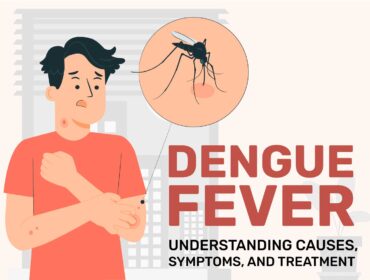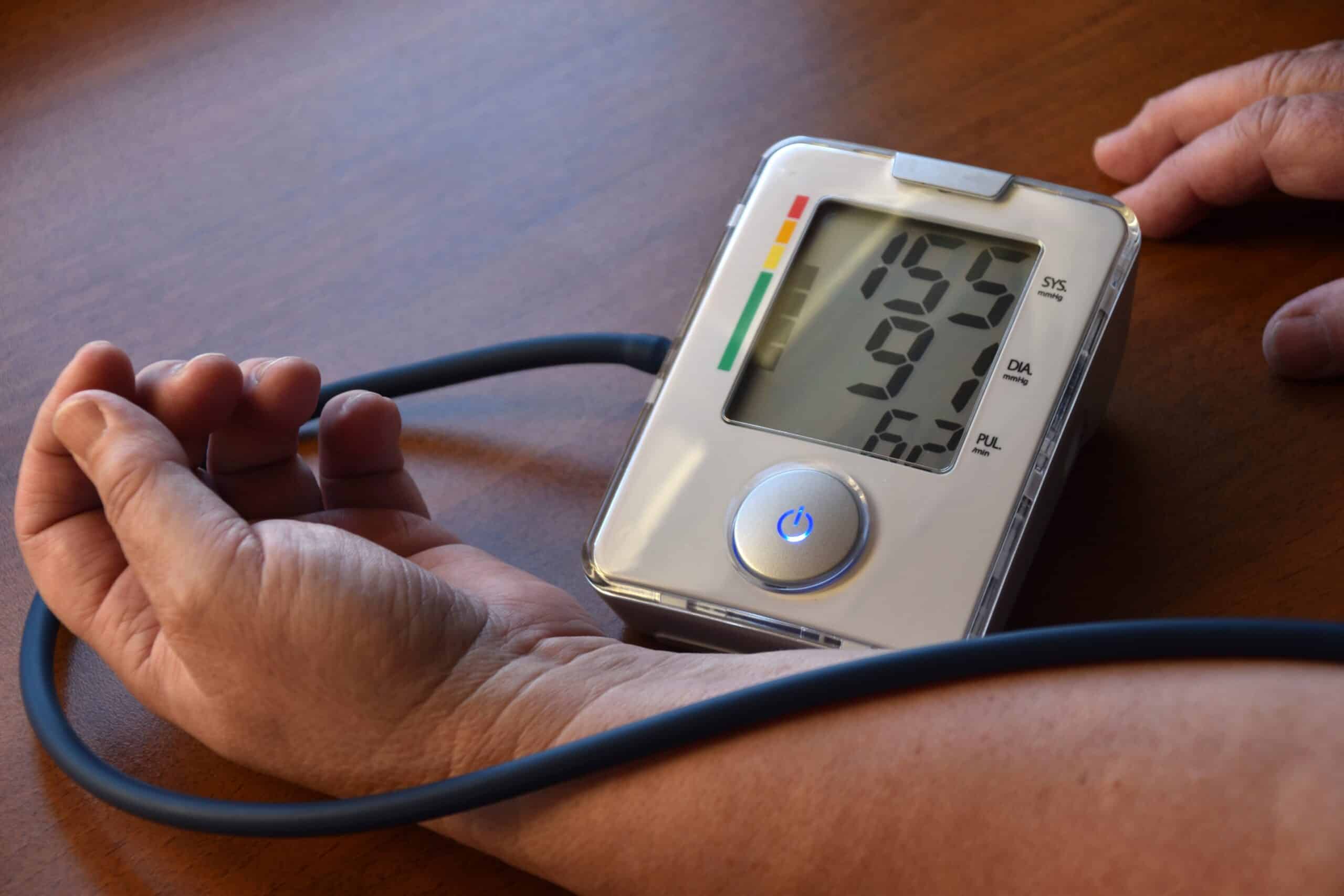Have you ever wondered why and how a tiny insect can cause so many different diseases with just a single bite?
The mosquito, often dismissed as a mere nuisance, carries a potentially deadly secret: Dengue Fever. The silent intruder that is transmitted by bite of the infected mosquito has become a global health problem. In this extensive blog, we will explore the causes, symptoms, and treatments of Dengue Fever, focusing on this disease that affects many people globally.
Understanding Dengue
Dengue fever is a mosquito borne viral infection which is spread by Aedes aegypti mosquitoes, particularly in warm and humid environments. The mosquito is a vector for the virus, which can produce mild flu-like symptoms all the way up to DHF and DSS, which can be fatal. There are four serotypes of the dengue virus that can cause illness: DENV-1, DENV-2, DENV-3, and DENV-4.
Causes of Dengue Fever
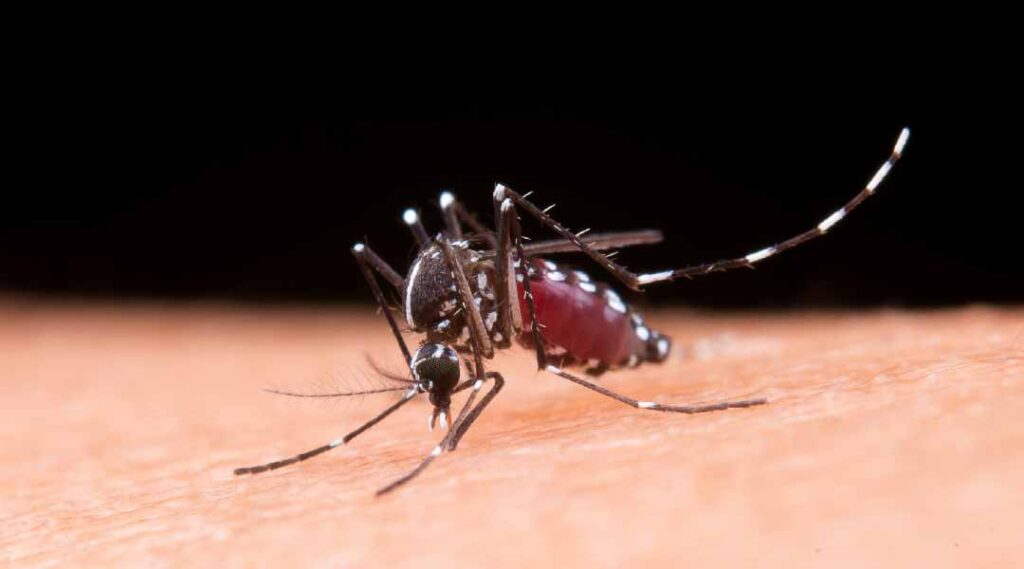
It is important for one to understand the sources of dengue so as to develop appropriate prevention measures. The Dengue virus enters into the bloodstream of humans when bitten by an Aedes mosquito that carries the virus. The infected person serves as a potential source from which more mosquitoes may contract the virus and infect more humans. Many reasons, including increased urbanisation, inefficiency in waste management, and climate change, lead to these high frequencies and increased likelihood of dengue epidemics.
Dengue Symptoms
Early diagnosis of Dengue Fever is critical and relies on identifying the symptoms. Usually, symptoms appear four to ten days following a mosquito bite. The following are possible mild to severe dengue symptoms:
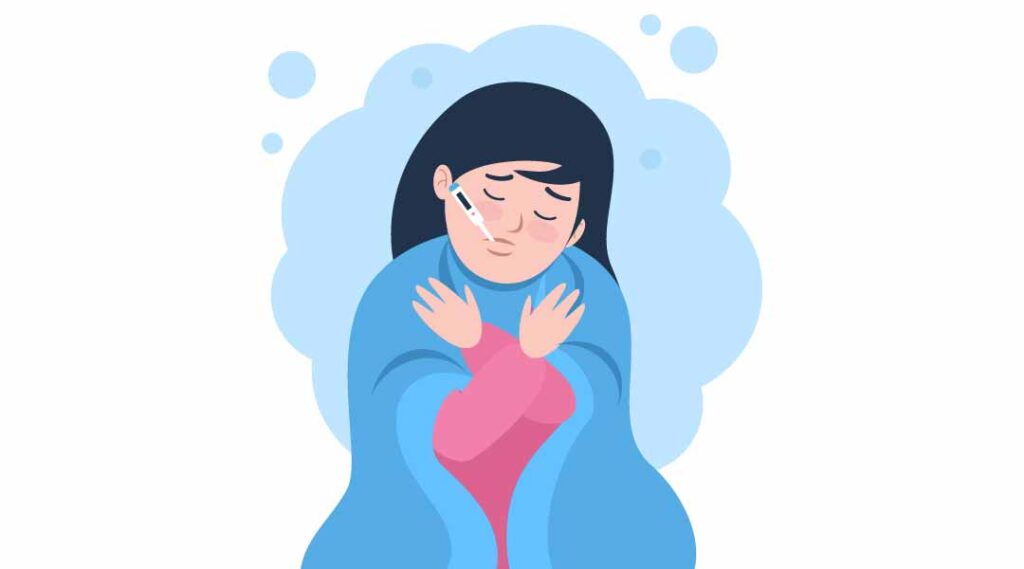
Sudden Onset of Fever
A rapid, high fever that lasts for several days is often the first symptom of dengue fever infections. One of the main signs of the illness is this fever.
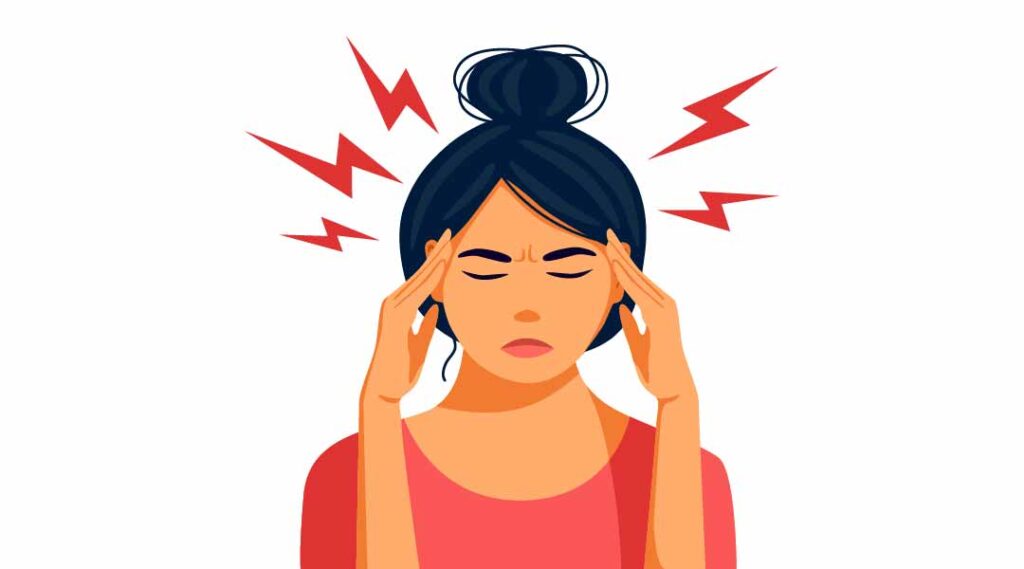
Severe Headache
People who have dengue fever frequently experience severe headaches, which are frequently described as a throbbing pain behind the eyes.
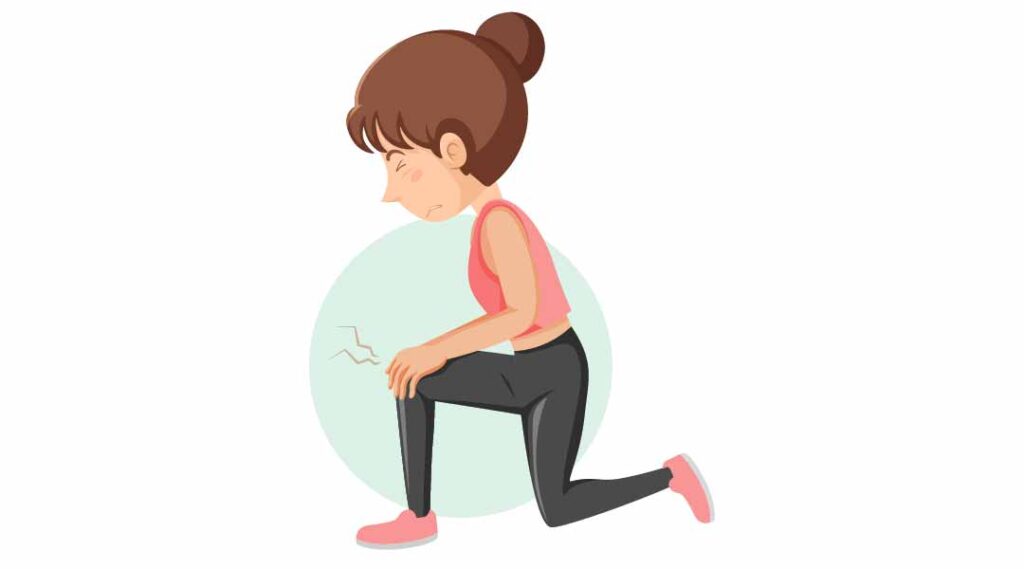
Joint and Muscle Pain
Dengue is known as “breakbone fever” because it can result in severe joint and muscular pain. Simple actions are terrible because of the extreme pain, which feels like bones cracking.
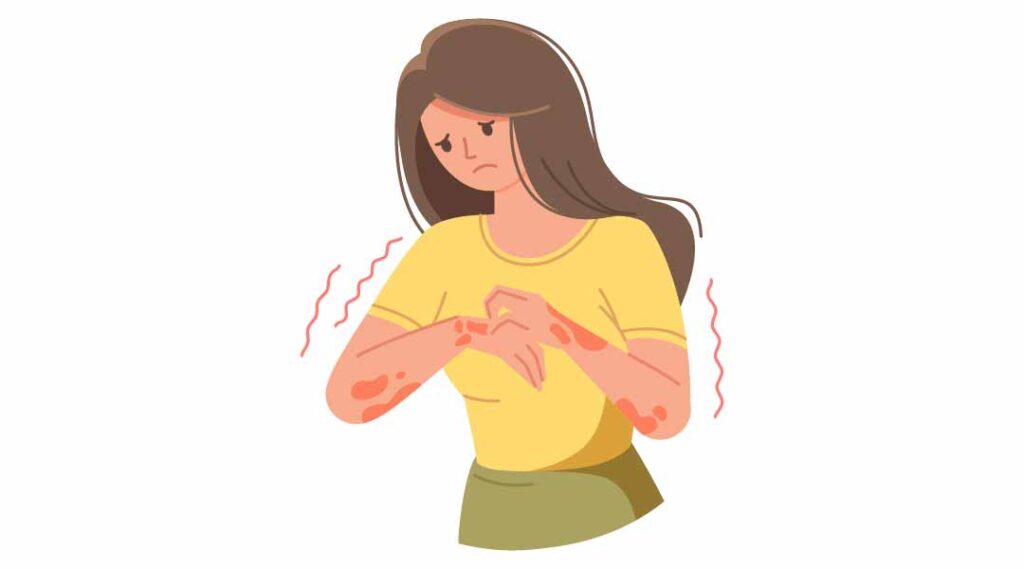
Rash
A skin rash may develop, typically appearing a few days after the onset of fever. This rash is usually accompanied by itching.
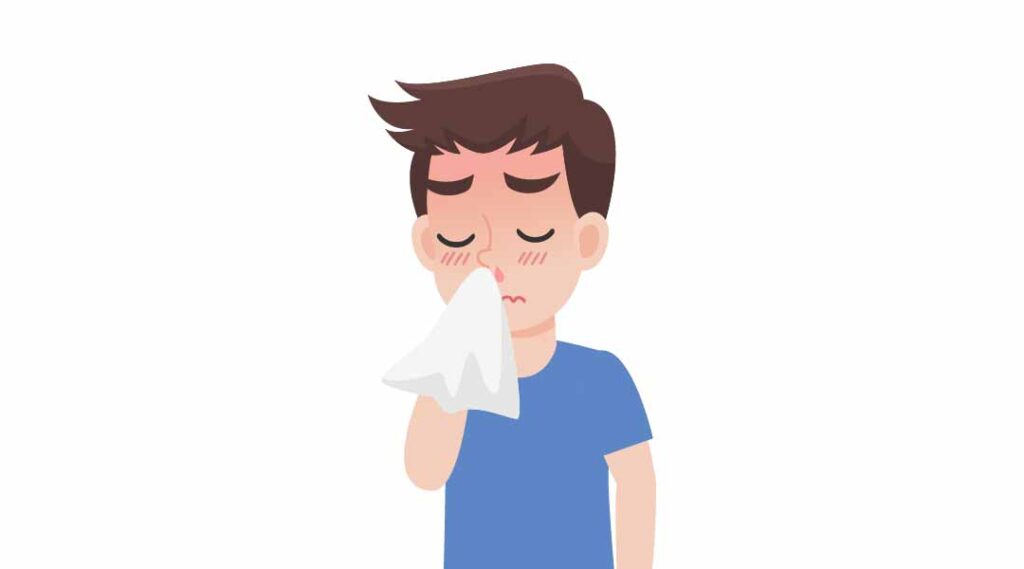
Mild Bleeding
A person with dengue fever may encounter minor bleeding, including nosebleeds and bleeding gums. If you are experiencing this worrisome symptom, it is crucial to consult a doctor without delay.
Dengue shock syndrome (DSS) or dengue hemorrhagic fever (DHF), which are severe forms of the disease, can develop quickly from initial mild symptoms of dengue. Emergency medical attention is necessary in cases of these severe disease variants that may result in fatality.
Diagnosis and Treatment for Dengue
If you suspect Dengue Fever based on the symptoms described, seeking medical attention promptly is imperative. A healthcare professional will conduct a thorough examination and may order blood tests to confirm the diagnosis. Early detection allows for appropriate medical management, reducing the risk of complications.
However, there are no specifically special antiviral treatments for Dengue Fever. During Dengue treatment, emphasis is mostly placed on relieving symptoms and avoiding severe consequences. Patients are advised to:
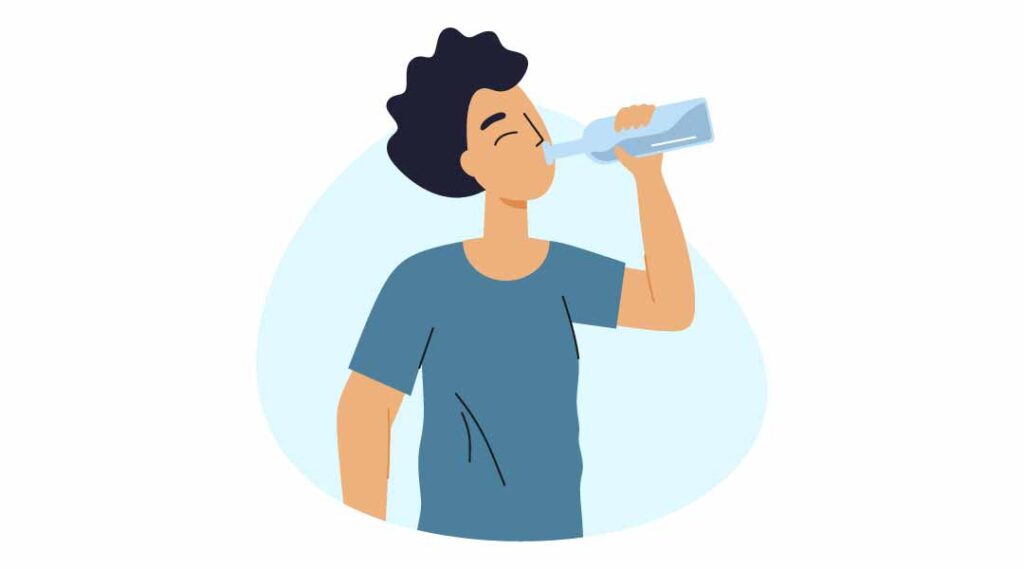
Stay Hydrated
A lot of fluids should be consumed when suffering from acute Dengue. Dehydration is one of the most prevalent issues that can lead to other complications and can be avoided by staying hydrated.
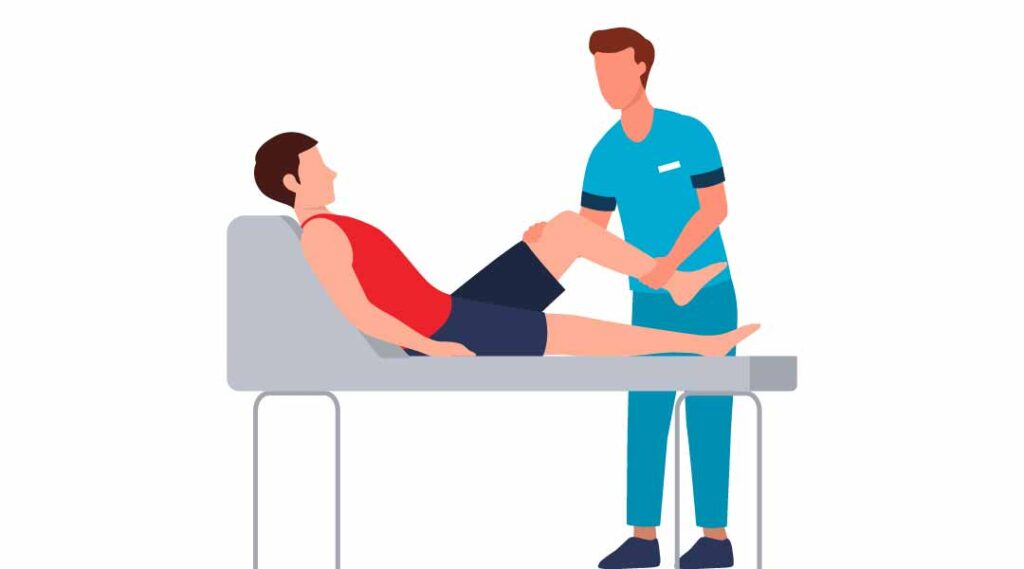
Pain Management
Pain relievers that you can buy without a prescription can be helpful for managing fever and reducing pain in your joints and muscles. However, nonsteroidal anti-inflammatory drugs (NSAIDs) should be avoided because they can increase the risk of bleeding.

Rest
Enough sleep is essential for proper healing. Rest is essential because dengue is exhausting, and it allows the body to recover faster.
Hospitalisation may be required in extreme cases, particularly if the patient develops Dengue Hemorrhagic Fever or Dengue Shock Syndrome. In these cases, medical personnel closely monitor vital signs, deliver intravenous fluids, and provide supportive care.
Prevention is the Key
Because mosquitoes deposit their eggs in stagnant water, eradicating these breeding grounds is critical for preventing dengue illness. Given the lack of a specific antiviral medication, the most effective method against Dengue Fever is prevention. Here are several important preventive measures:
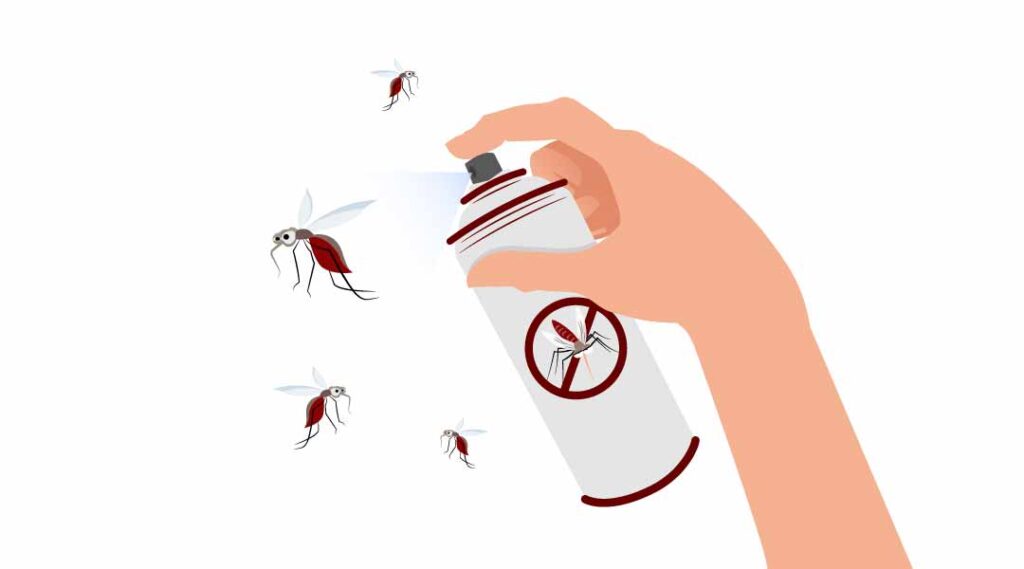
Mosquito Control
It is critical to eliminate Aedes mosquito breeding areas. This includes decreasing the amount of standing water in containers, utilising mosquito netting, and using insect repellent.

Protective Clothing
Wearing long-sleeved shirts, long pants, and socks can provide an extra layer of protection against mosquito bites, especially during peak mosquito activity times.
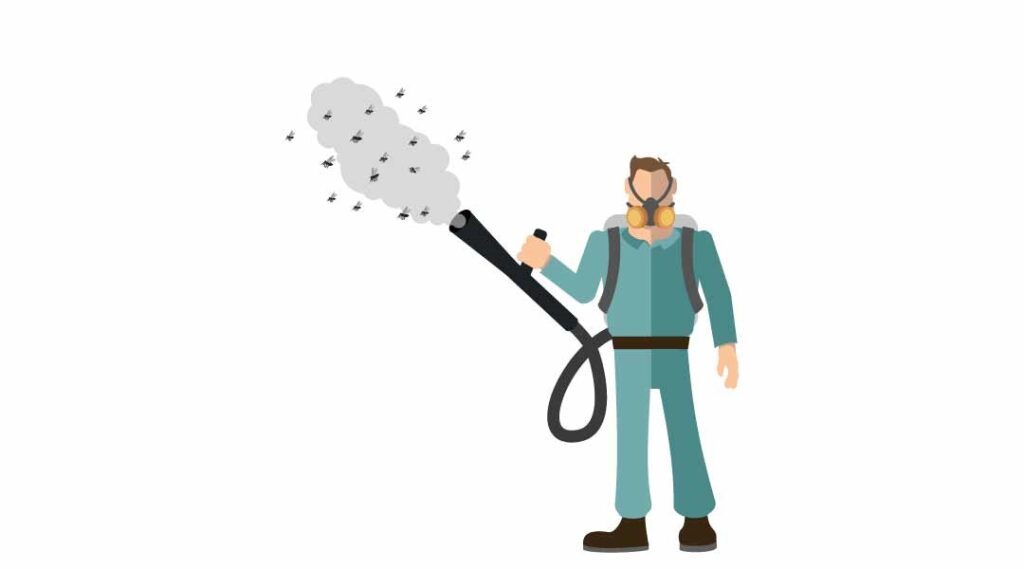
Community Efforts
Public awareness efforts and mosquito control initiatives can greatly lower the chance of dengue fever epidemics in local areas.
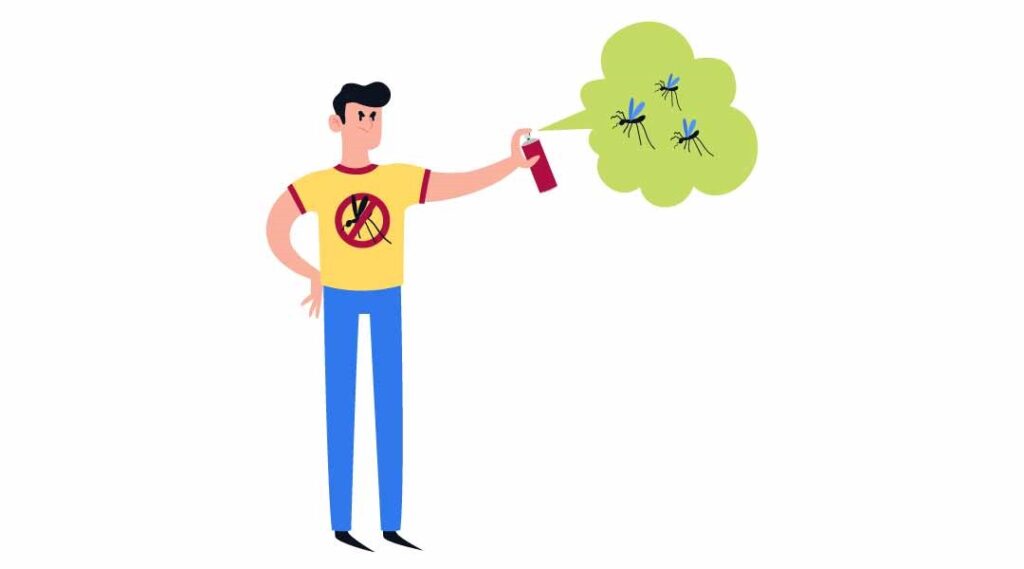
Travel Precautions
If you are travelling to regions where Dengue is prevalent, take extra precautions. Use insect repellent, stay in air-conditioned or screened-in accommodations, and be aware of your surroundings.
Conclusion
The global health issue which should be tackled today is dengue fever. It’s much more than just a mosquito bite. Knowing how the disorder develops, its symptoms and available treatments will allow us to be more prepared for this severe condition. In this regard, we all have critical roles to play that range from monitoring for any symptoms to preventive measures against dengue.
Let’s join hands in the fight against this silent intruder, armed with knowledge and a commitment to safeguarding our health and the health of our communities.

